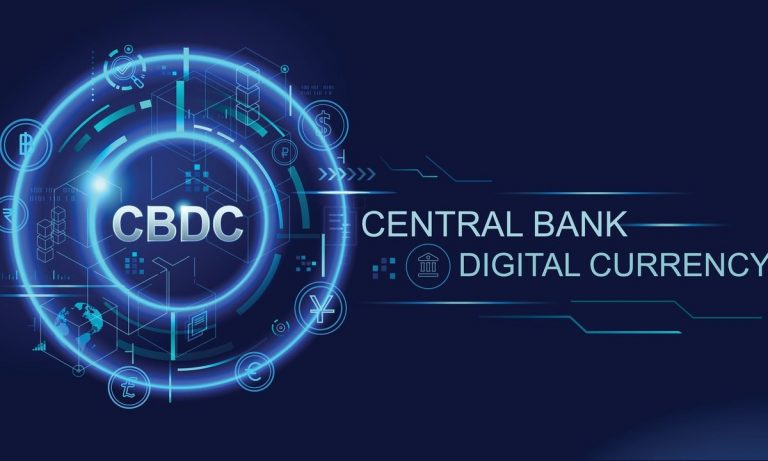
A new bill introduced by US Congressman Warren Davidson aims to prevent the Federal Reserve from creating a central bank digital currency (CBDC). The bill, titled the “No Digital Dollar Act”, would prohibit the Fed from issuing, circulating, or distributing any digital version of the US dollar.
The bill argues that a CBDC would undermine the sovereignty of the US dollar, create privacy and security risks for consumers, and threaten the stability of the financial system. The bill also claims that a CBDC would violate the Constitution, which grants Congress the power to coin money and regulate its value.
The bill is co-sponsored by several Republican lawmakers, who share Davidson’s concerns about the potential impact of a CBDC on the US economy and national security. They argue that a CBDC would give the Fed too much power and discretion over monetary policy, and that it would enable the government to track and control every transaction made by Americans.
Tekedia Mini-MBA edition 16 (Feb 10 – May 3, 2025) opens registrations; register today for early bird discounts.
Tekedia AI in Business Masterclass opens registrations here.
Join Tekedia Capital Syndicate and invest in Africa’s finest startups here.
The bill comes as the Fed is exploring the possibility of developing a CBDC, which it calls a digital dollar. The Fed has launched a research project to study the benefits and risks of a CBDC and plans to publish a report by mid-2022. The Fed has stated that it will not issue a CBDC without consulting with Congress and the public, and that it will ensure that a CBDC would complement, not replace, cash and other forms of money.
The bill faces an uncertain future in Congress, as it is likely to face opposition from Democrats, who control both chambers. Some Democrats have expressed support for a CBDC, arguing that it would increase financial inclusion, reduce transaction costs, and enhance monetary policy effectiveness. They also contend that a CBDC would help the US maintain its global leadership in innovation and finance, as other countries are already developing their own CBDCs.
Some Democrats have expressed support for a CBDC, or a central bank digital currency, as a way to modernize the US financial system and provide more access and inclusion to the unbanked and underbanked populations. A CBDC is a digital form of fiat money that is issued and backed by the central bank and can be used as legal tender for transactions. Unlike cryptocurrencies, which are decentralized and operate on blockchain networks, a CBDC would be centralized and regulated by the government.
In a recent hearing of the House Financial Services Committee, several Democratic lawmakers voiced their interest in exploring the potential benefits and challenges of creating a US CBDC. Representative Maxine Waters, the chairwoman of the committee, said that she was “very interested” in the idea and that she had formed a task force to study it. Representative David Scott, another Democrat, said that he was “very much in favor” of a CBDC and that he believed it would help reduce the racial wealth gap and financial exclusion.
However, not everyone is convinced that a CBDC is a good idea. Some Republicans have expressed skepticism and opposition to the proposal, arguing that it would pose risks to privacy, security, and monetary sovereignty. Representative Patrick McHenry, the ranking member of the committee, said that he was “not sold” on the need for a CBDC and that he feared it would undermine the role of banks and private sector innovation. Representative Andy Barr, another Republican, said that he was “very concerned” about the implications of a CBDC for monetary policy and fiscal discipline.
The debate over a CBDC is not unique to the US. Many other countries are also exploring or developing their own digital currencies, such as China, which has already launched a pilot program for its digital yuan. The Federal Reserve, the US central bank, has been conducting research on the topic and plans to release a discussion paper later this year. The paper will outline the Fed’s goals, objectives, and criteria for evaluating a potential CBDC, as well as solicit public feedback on the issue.
A CBDC could have significant implications for the future of money and finance in the US and around the world. It could offer advantages such as faster payments, lower costs, greater financial inclusion, and more resilience to shocks. It could also pose challenges such as technical complexity, cyberattacks, privacy breaches, regulatory uncertainty, and unintended consequences for monetary policy and financial stability. The pros and cons of a CBDC need to be carefully weighed and assessed before making any decisions on whether to pursue it or not.



